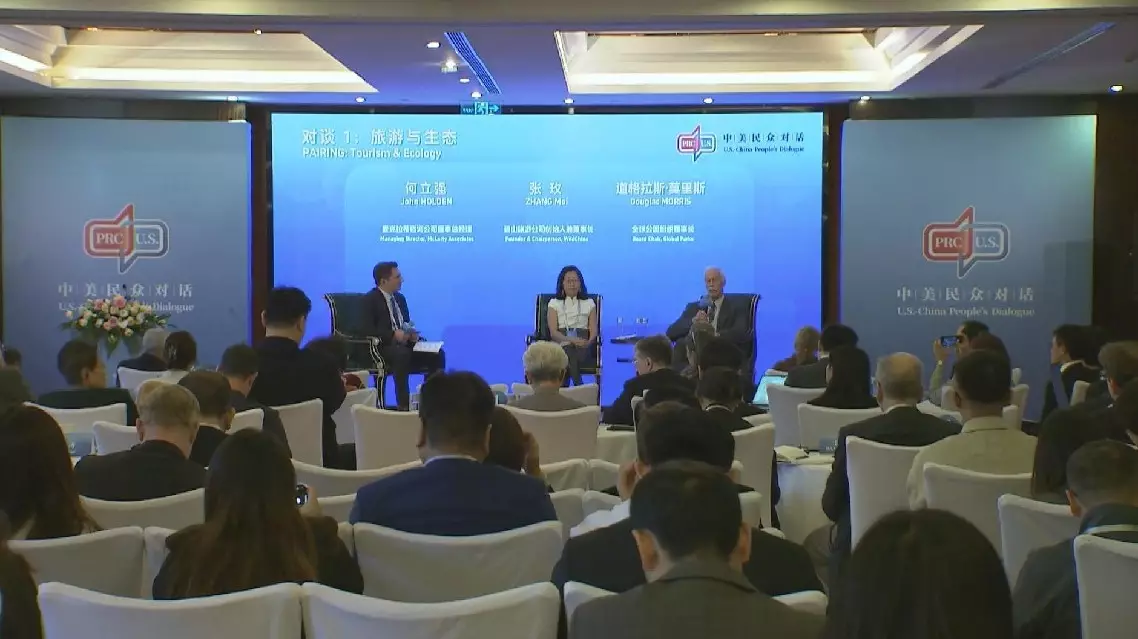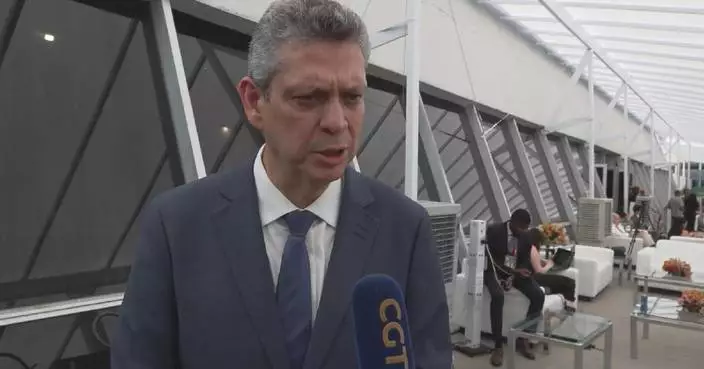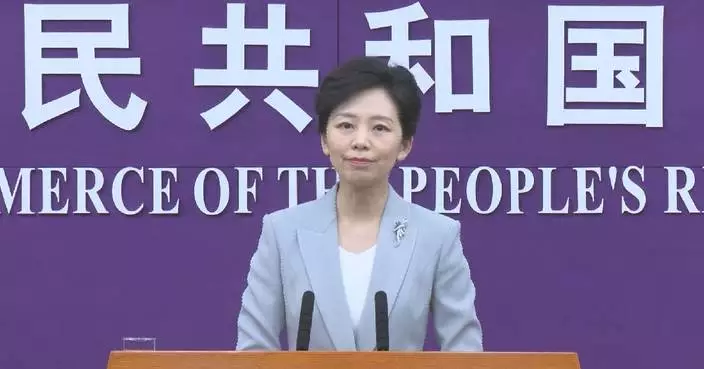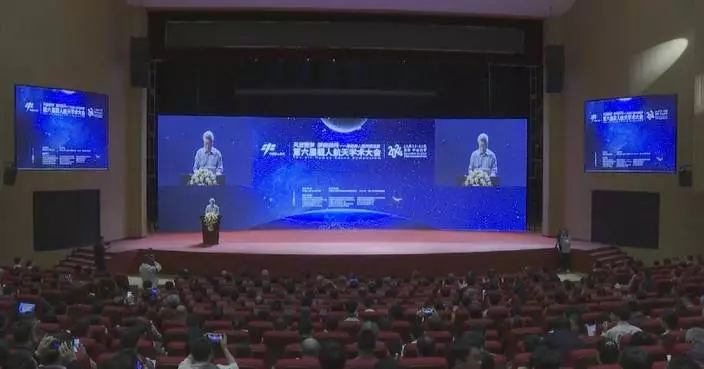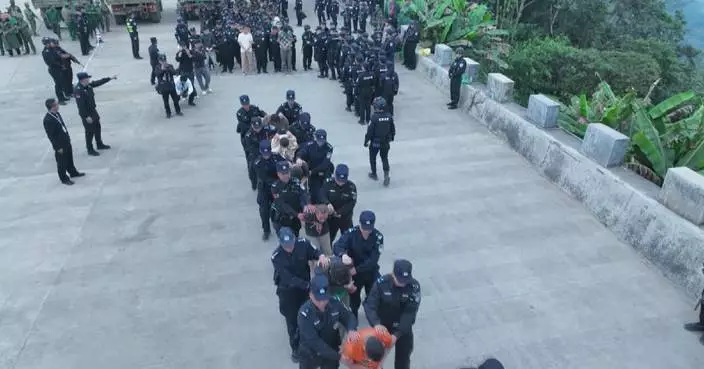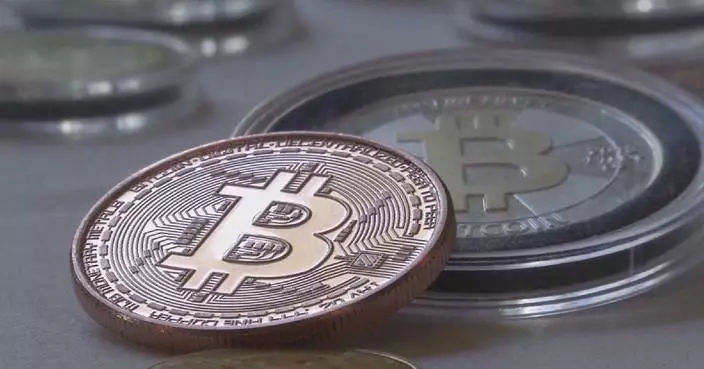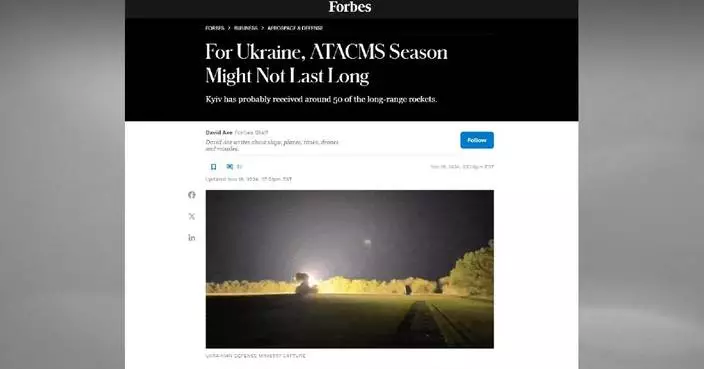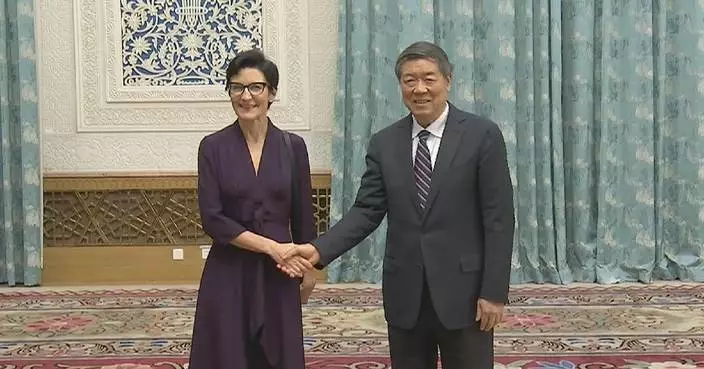Dialogue between Chinese and American people is necessary to foster stronger connections and develop people-to-people ties despite political differences, according to participants at an annual dialogue between Chinese and Americans from all walks of life.
The 2024 China-U.S. People's Dialogue: Charting a Path Forward is now underway in the Chinese capital Beijing, with more than 100 Chinese and American participants from a broad range of sectors, including diplomacy, tourism, ecology, artificial intelligence, business and investment, sports and education. The event aims to foster greater people-to-people exchanges between the two countries, despite mounting political tensions between Beijing and Washington.
Yao Ming, China's iconic basketball legend and former NBA star, said that sports exchanges are great for young people from different countries to exchange and understand their strengths and weaknesses.
"Personally, I hope to see more and more sports exchanges, and I think sports exchanges cannot be achieved independently. While playing sports, you must cooperate with teammates and compete with opponents," said Yao, who now serves as the vice president of All-China Youth Federation.
John Osburg, chair of anthropology at the University of Rochester in New York State, said that he always seek to understand China through direct exchanges with people, with most of his research literally consisting of "eating hot pot and drinking beer and Bai Jiu (Chinese liquor) with people."
"For me, I mean partly because I'm an anthropologist, people to people exchange is basically my job. I want to understand China from the perspective of Chinese people. How they perceive it, and then I want to try to help sort of transmit that perspective and translate it to American audience," he said.
Political instability has brought a range of challenges to China-U.S. relations. For example, a U.S. Congressional anti-China advisory panel has called for ending the country's two decade old Permanent Normal Trade Relations (PNTR) with China.
"That's not a good step. I think that we can negotiate, we can change the relationship, we can even try to modify it in our own interest instead of the other person’s interest, but I think you have to keep it going. It's already doing harm. It harms anything in business involves companies, the stock market, trade. It not only just affects businesses, but it affects ordinary people like you and me, right? So, yeah, it's a very serious decision,” said David Moser, an associate professor of foreign language at Beijing Capital Normal University.
Some participants from the art world said art and culture are some of of the most important ways to bridge gaps when there are tensions between governments.
"Art is one of the most powerful and important ways to bridge gaps when governments are facing tensions, when economies are competing, when the newspapers are telling very depressing stories. The arts are crucial to keep the ties between people together at a very basic level, so that, again, we don't get lost in the tension, we don't get lost in the controversy. We continue to see the beauty and the humanity in each other," said Alison Friedman, executive and artistic director of Caroline Performing Arts.
Launched in 2023, the annual U.S.-China People's Dialogue is jointly hosted by the National Committee on U.S.-China Relations and Tsinghua University's Center for International Security and Strategy. This year's event is scheduled to run from Wednesday to Saturday.
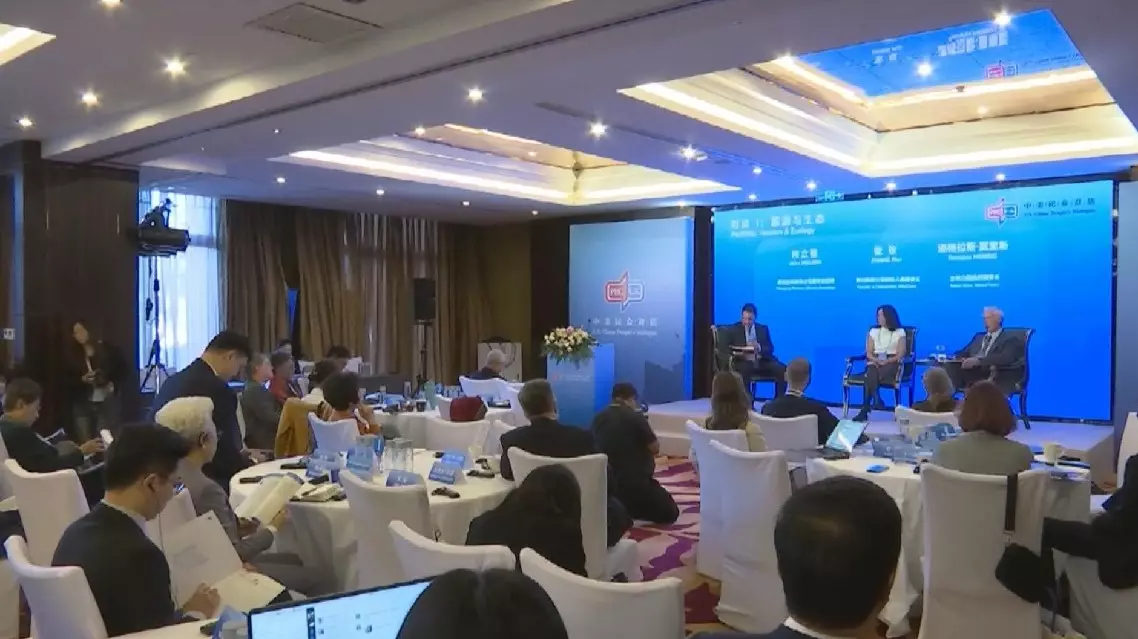
Dialogue key to building connections between Chinese, Americans: forum participants
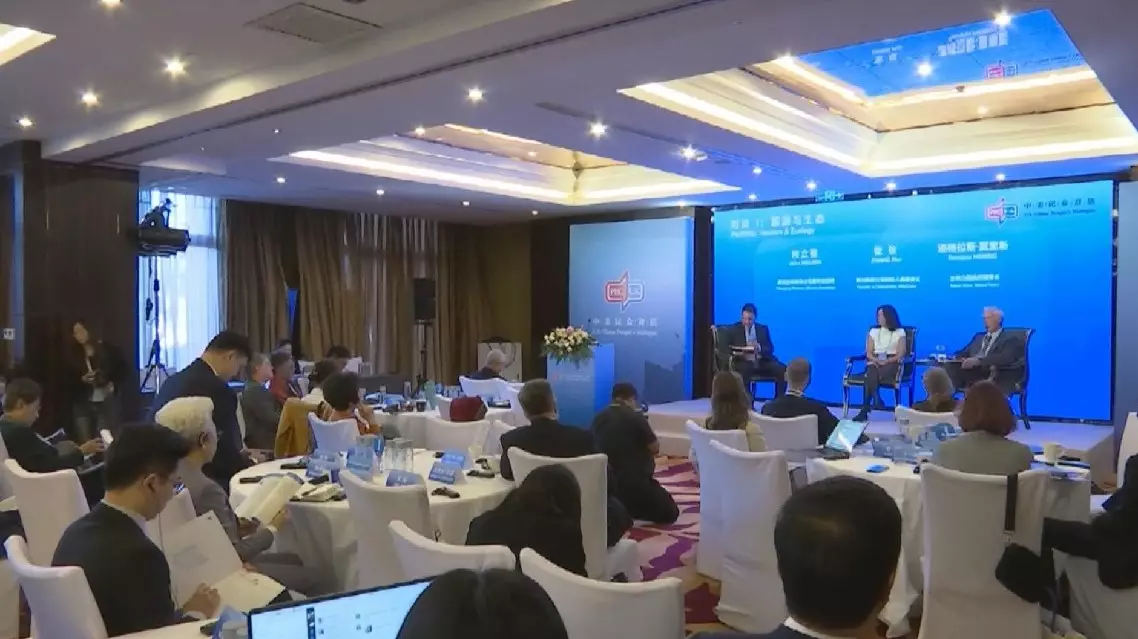
Dialogue key to building connections between Chinese, Americans: forum participants


